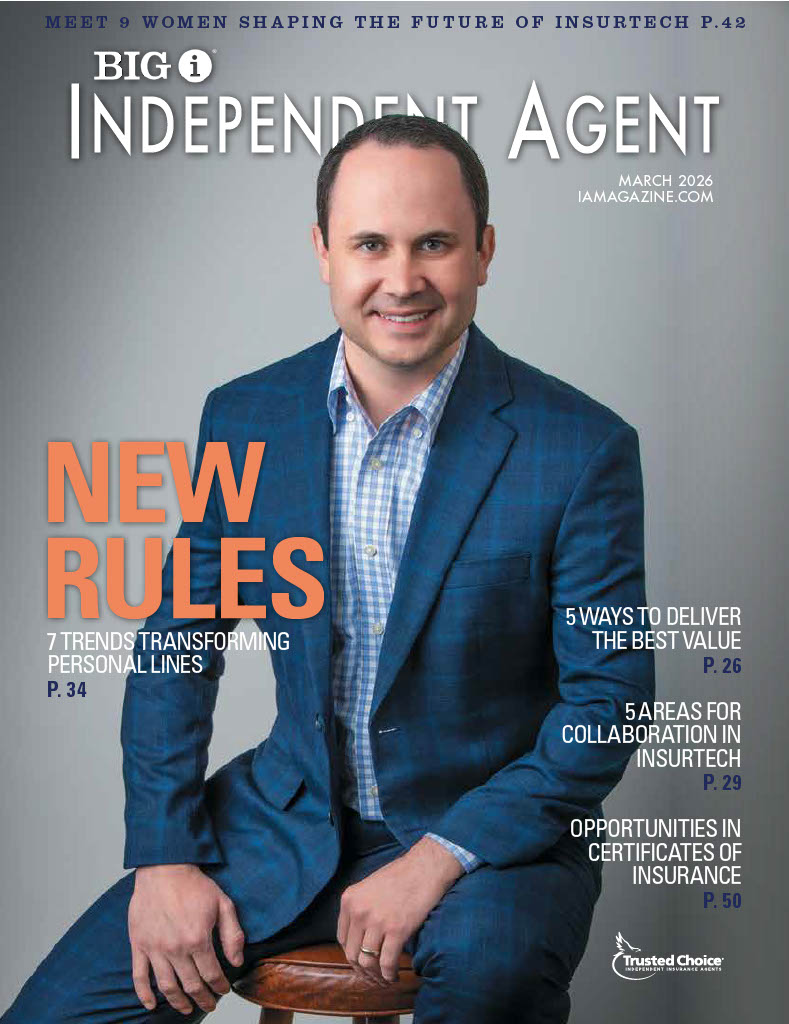The Hanover Releases State of Specialty Insurance Report

By: AnneMarie McPherson
This week, The Hanover released its “State of Specialty Insurance Report,” which highlights the risks of fragmentation in the marketplace and spotlights some of the advantages agencies realize when they create strategic partnerships.
The Hanover, in conjunction with Zeldis Research, conducted a study of over 300 independent retail agents responsible for quoting and making placement decisions for commercial lines clients. The report studied how agencies approach specialty lines, such as the key factors they consider in the placement decision-making process, and how agents’ broad expertise and capabilities to meet the wide spectrum of their clients’ needs.
The vast majority of independent agents—96%—sell or place both specialty lines and standard lines products, according to the report. However, even among agents who report that specialty lines are 50% or more of their business, only 4 in 10 of those actually consider themselves specialty-focused.
Agents choose to place specialty business directly with carriers about half the time, leveraging wholesalers, managing general agents (MGAs) or managing general underwriters (MGUs) the rest of the time for market accessibility or expertise in a specific product, line or industry. The No. 1 reason agents place directly with a carrier is underwriter relationships, while the top reason they place with a wholesaler is access to markets and carriers.
Four in 5 agents prefer national carriers versus niche carriers due to the broader footprint and availability of coverages.
However, the study revealed that carrier selection is often made tactically—86% choose to place specialty business with a carrier partner due to expertise in the specific risk or product—resulting in agents working with multiple carriers depending on the specialty line they are placing and ending up in widespread fragmentation in an agency’s portfolio.
In fact, the typical mid-size agency has at least 50 carrier relationships—and sometimes significantly more—yet more than 60% of an agency’s premium is placed with its top five markets.
Among commercial accounts which have more than one policy with an agency, 24% are split across multiple markets. This causes added work for agencies, which are often left trying to coordinate placement and servicing across multiple carriers, the study pointed out.
And that’s if the account has more than one policy with the agency. One in 2 commercial accounts have only a single policy with an agency but have many more policies elsewhere.
“Agents have an invaluable opportunity to serve their clients by taking a cohesive approach to solving their needs,” said Bryan J. Salvatore, president of specialty at The Hanover. “Today’s client is looking for ease of doing business and streamlined service, both of which can be achieved by partnering with carriers that have comprehensive, carefully-designed product portfolios that respond to a wide variety of risks.”
AnneMarie McPherson is IA news editor.










